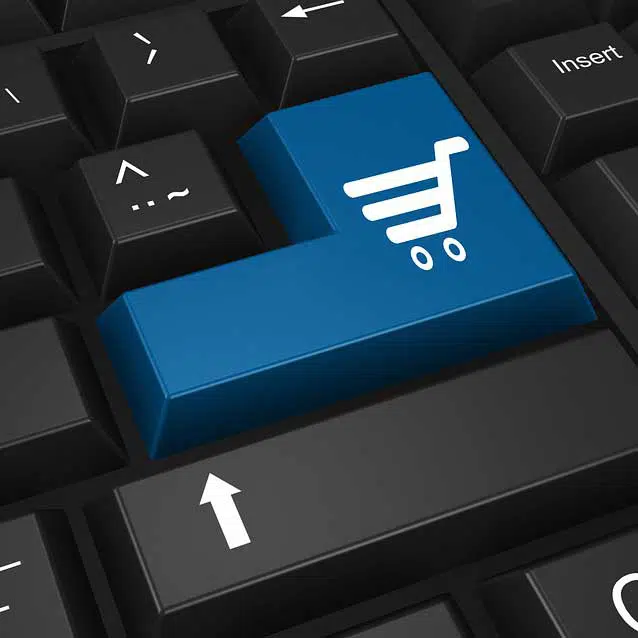If banks are to compete against the likes of Apple Pay and Google Wallet in the mobile-wallet arena, they are going to have to provide value-added features that leverage their retail-banking products, such as money management and loyalty accrual and redemption.
“The killer question is how to disrupt something that isn’t broken,” Dean Wallace, director of consumer payments modernization for ACI Worldwide Inc., tells Digital Transactions News by email.
News broke Monday that several of the country’s largest banks are preparing to launch a mobile wallet using a platform from Early Warning Services LLC, which operates the Zelle peer-to-peer payments network. Zelle is reportedly not involved in the wallet project. Bank of America Corp., JPMorgan Chase & Co., and Wells Fargo & Co., along with four other, unnamed financial institutions, are backing the venture, according to news reports, which indicate the wallet will be intended for online purchases. These banks are among the financial institutions that own Early Warning.

As it stands, Apple Pay and Google Wallet have a distinct advantage over banks in that their respective mobile wallets provide a customer experience that is native to the operating system on mobile devices. The two tech giants have also invested in the mobile-wallet space, which makes their apps easy to use.
“But other than being easier to make a transaction, what else do Apple and Google’s wallets offer to the consumer?” Wallace asks. “A card-enabled wallet from the banks has the opportunity to leverage other value-add capabilities. The challenge will be ensuring that oh-so-important first use and first impression, incentivizing the second and subsequent uses, and then creating a habit that replaces the norm with capabilities that exist on or as close to Day 1 as possible.”
Other observers agree, but are somewhat less sanguine about the prospects for the big banks’ success in their latest venture. “I can well understand banks not wanting PayPal, Apple, and/or Google to become the primary dashboard through which consumers make payments and consume a range of financial services, to inch toward becoming super apps, relegating banks to being backend utilities,” says Eric Grover, principal at financial-services advisory Intrepid Ventures, in an email message. “If Zelle’s bank owners put their collective shoulders behind it, maybe they’ll get traction. It’ll be a tough slog however.”
“I’m not sure the world needs or wants another digital wallet. Consumers who use their debit and credit cards online already have that capability (including via PayPal and Apple Pay),” notes Steve Mott, proprietor of the payments consultancy BetterBuyDesign, in an email message.
Partnering with Early Warning to develop a mobile wallet will provide banks an edge, observers say. Early Warning, owned by Capital One, PNC Bank, Truist, and U.S. Bank, in addition to BofA, Chase, and Wells—has a proven track record for innovation in payment technology and is trusted by its bank owners, observers say. “Early Warning can bring to market [technology and products] solely for use by the banks that sets them apart from working with a one-off vendor or systems-integration partner,” Wallace says.
Other pluses in working with Early Warning are its experience in customer service through its operation of Zelle and lessons it’s learned in how to grow strategic offerings from that brand in areas such as bill payment, Wallace points out. “That’s going to be massively beneficial for the banks, so long as they can move quickly enough to get traction and maintain it,” he adds.
While Apple Pay and Google Wallet are seen as the primary competitors to banks in mobile payments, one competitor that potentially stands to lose the most ground from banks’ cooperative entry into mobile wallets is PayPal.
“PayPal is well-regarded in e-commerce on Web sites, but how well is it thought of as a mobile wallet?” Wallace asks. “With more and more consumers moving to mobile experiences and flipping between browser and app interactions— with apps being the preferred option—it isn’t as obvious for consumers to use PayPal for app payments, if at all.”
Ultimately, the success banks have with a mobile wallet will come down to the level of trust merchants and consumers have in the product. “Consumers and merchants alike will feel that banks banding together is a lot better than one bank doing something on its own. That alone will garner some interest for that important first transaction and customer experience,” Wallace says.






